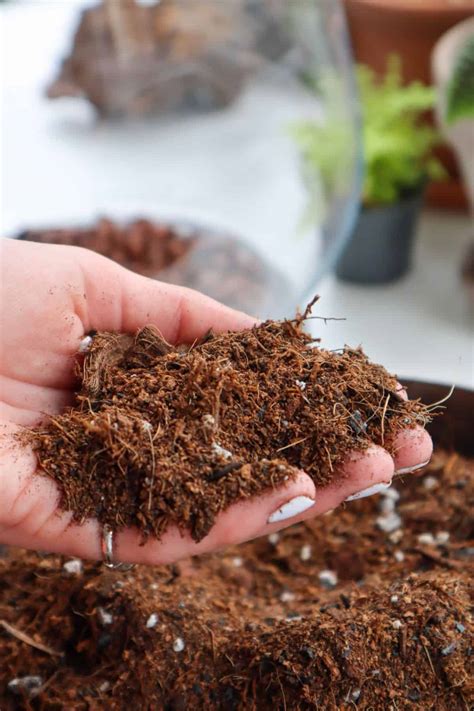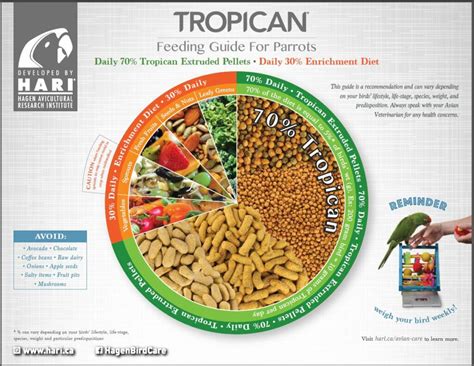Introduction
The proper nutrition of young birds is essential for their optimal growth, development, and survival. As avian parents, understanding the dietary needs of juvenile birds is paramount to ensuring their well-being and longevity. This comprehensive guide dives into the complex world of bird food and nutrition for juveniles, providing practical information and expert insights.

Understanding the Basics
Primary Nutrients
Juvenile birds require a balanced diet consisting of protein, carbohydrates, and fats.
- Protein: The primary building block for tissues, organs, and muscles, protein intake supports growth and repair.
- Carbohydrates: A source of energy and heat, carbohydrates fuel bodily functions and provide sustained vitality.
- Fats: Providing insulation, energy storage, and essential fatty acids, fats contribute to overall health and well-being.
Essential Vitamins and Minerals
Vitamins and minerals play crucial roles in a juvenile bird’s development and immune function. Some important examples include:
- Calcium: Essential for strong bones and proper feather formation.
- Vitamin A: Vital for eye health, immune function, and feather growth.
- Vitamin D3: Aids in calcium absorption and supports bone development.
Diet Variations Across Species
Dietary needs vary widely among different bird species. Here are a few common examples:
- Passerines (songbirds): Seeds, insects, and fruit
- Psittacines (parrots): Pellets, fruits, vegetables, and nuts
- Passeriformes (perching birds): Insects, berries, and small invertebrates
Choosing the Right Food
Selecting the appropriate food for juvenile birds is crucial. Consider the following factors:
- Age: Different stages of development require specific nutritional profiles.
- Species: Each species has unique dietary needs.
- Health: Injured or sick birds may require specialized diets.
- Availability: Ensure that the food is readily accessible and fresh.
Feeding Regimes
Establishing regular feeding schedules is essential for juvenile birds. The frequency and amount of food should be adjusted based on the species, age, and size of the bird.
- Hand-feeding: For young birds unable to feed themselves, hand-feeding with a specially formulated formula is necessary.
- Self-feeding: As juveniles gain independence, they can gradually transition to self-feeding with appropriate food placed in a designated area.
Transitioning to Adult Food
As juvenile birds mature, their nutritional needs change. Gradually introducing adult food into their diet is essential to prepare them for their future dietary requirements.
Dietary Supplements
In some cases, dietary supplements may be necessary to ensure adequate nutrient intake. However, it’s important to consult a veterinarian before administering any supplements.
Tips and Tricks
- Consult an avian veterinarian: They can provide personalized recommendations and address specific nutritional concerns.
- Observe your bird’s behavior: Unusual eating habits may indicate dietary deficiencies or health issues.
- Provide fresh water daily: Hydration is essential for overall health and well-being.
- Avoid processed foods: These often contain unhealthy additives and preservatives that can be harmful to juvenile birds.
- Store food properly: Improper storage can lead to spoilage and bacterial growth.
Reviews
“This guide has been an invaluable resource for raising my baby parrots. The detailed information on nutrition and feeding schedules has been a game-changer.” – Sarah, Parrot Owner
“As a first-time bird owner, I found this article extremely helpful. It gave me confidence in providing proper nutrition for my juvenile finch.” – John, Finch Owner
“I’ve used the feeding recommendations in this article for my baby robins, and they’ve grown into healthy and thriving adults.” – Mary, Songbird Rehabilitator
“This comprehensive guide is a must-read for anyone caring for juvenile birds. The insights into different species’ dietary needs are particularly valuable.” – Dr. Emily, Avian Veterinarian
Current Status and Future Prospects
Ensuring proper nutrition for juvenile birds is essential for the well-being of both individual animals and avian populations. By understanding their dietary needs and providing them with appropriate food and care, we can contribute to their long-term health and survival.
Conclusion
Juvenile birds have specific nutritional requirements to support their growth, development, and well-being. Understanding these needs is crucial for every avian parent or caretaker. By following the guidelines outlined in this comprehensive guide, you can provide the best possible nutrition for your juvenile birds, setting them on a path to a healthy and fulfilling life.





















